Why did Qianlong spend money to build the most lavish palace in the Forbidden City and not stay?
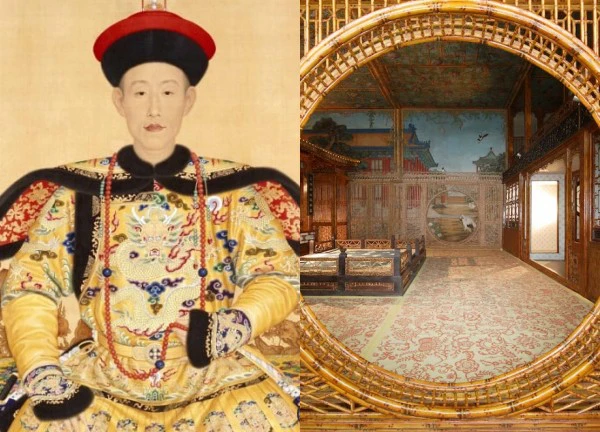
1 | 1 Discuss | Share
The story worth pondering between the 3 famous emperors of the Qing Dynasty made the online community talk. While King Kangxi and King Ung Zheng passed the throne to their children with millions of silver coins, Emperor Qianlong was not like that.
Emperor Kangxi ascended the throne at the age of 8, officially taking power at the age of 14. With a total of 62 years of reign, it is considered the longest-reigning king in the history of Chinese dynasties. Kangxi made great contributions to the consolidation of the dynasty, the expansion of the territory, and the maintenance of social stability. This king was revered as a great soldier, with feats such as pacifying the Three Elements, defeating the Russians in the Far East and annexing Taiwan into Chinese territory.
However, in the last years of his life, due to declining health and the neglect of the imperial government, the country gradually weakened. When Khang Xi passed the throne to his son, Ung Chinh, the national treasury was only 8 million taels of silver, a modest figure compared to the previous peak period, which was a sign of the serious decline of the country's finances at that time.
Although he reigned for only 13 years - the shortest time in the three generations of kings "Kang – Ung – Can", Emperor Ung Chinh left a deep mark in political reform and reviving the national finance. As a diligent and upright celebrity, Ung Chinh did not hesitate to issue tough orders to eliminate corruption, reduce bureaucratic privileges and improve people's lives.
Ung Chinh was also the first to lay the foundation for a transparent tax collection mechanism, implement the "military plantation" policy to support farmers, and reorganize the administrative apparatus to combat budget waste. His policies not only helped the country recover quickly from the recession, but also filled the treasury compared to before. When passing the throne to Qianlong, the national treasury reached 60 million taels of silver, an increase of 7 times compared to the time of his succession.
Ascending the throne at the age of 25, Emperor Qianlong ruled the country for 60 years and was one of the most famous emperors in Chinese history. In the early period, he inherited the achievements of his father and grandfather, promoting conquests such as pacifying Tibet, conquering Xinjiang, expanding national borders, and consolidating national policies.
Under King Qianlong, historians believe that the country developed comprehensively, the economy grew, culture and art flourished, the population increased, and agriculture was stable. This is considered an impressive period of prosperity in Chinese feudal history. Qianlong was also the one who encouraged artistic activities, compiling the "Four Encyclopedias" – the largest encyclopedia in ancient Chinese history.
However, when entering the second half of the dynasty, signs of the weakening of the era gradually revealed. Qianlong began to neglect politics, superstition, depraved in pleasures, spent a large amount of treasury on the construction of palaces such as the Di Hoa Garden, opened sacred festivals and organized extravagant tours.
Most notably, Qian Long showed excessive favor for the evil god Hoa Than - who was likened to a disaster at that time. Hoa Than took advantage of the king's trust to corrupt the court, corrupt and loot public property for many years. Meanwhile, the Qing Dynasty's policy of closing the port made the country lag behind.
When passing the throne to his son, Gia Khanh, King Qianlong did not leave a rich treasury like the two predecessors. On the contrary, the Qing Dynasty's treasury was almost empty. Huge spending, rampant corruption, and a stagnant economy plunged the court into chaos.
However, the only thing Qian Long left for Gia Khanh was Hoa Than. Immediately after Qianlong died, Jiaqing quickly took action to purge this evil god. The confiscated assets from Hoa Than amounted to more than 800 million taels of silver - a huge number, equivalent to many generations of treasury combined. This is the reason why the folk circulated the sarcastic saying: "Hoa Than fell off the horse, Gia Khanh ate his fill". This sentence refers to the fact that Gia Khanh was suddenly "saved" by the assets of the biggest corrupt person in the dynasty.
However, despite confiscating a huge fortune, Gia Khanh could not revive a decaying dynasty from within. The stagnation, conservatism and backwardness of the Qing apparatus were deeply ingrained and difficult to reform in a short time.
The three kings of Khang Hy – Ung Chinh – Qianlong are the pillars of the golden age of the Qing Dynasty. However, if Khang Xi laid the foundation and Ung Zheng recovered, Qianlong was the one who both brought the country to the top and pushed it to the brink of regression. The extravagance, abuse of power and mistake in appointing officials at the end of Qianlong's life left a burden on Jiaqing. This king was the one who had to steer a rotten boat, even though he had Hoa Than's "treasure" in his hands.
The story of the three Qing emperors is a profound reminder to posterity, leaving a great lesson, that prosperity lies not only in the wealth left behind, but also in the inheritance, reform and progressive spirit of the head of the country.
Princess Hoa Hieu Ai is favored by Qianlong and her life is full of changes! 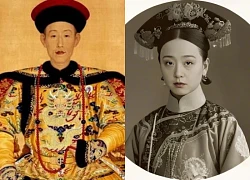 Ponni15:58:36 08/07/2025The image of Princess Hoa Hieu, the youngest daughter of Emperor Qianlong, has been vividly restored after more than two centuries. From the scanty document, experts combined ancient sketches with AI to recreate the appearance of the Qing Dynasty princess in a realistic and vivid way.
Ponni15:58:36 08/07/2025The image of Princess Hoa Hieu, the youngest daughter of Emperor Qianlong, has been vividly restored after more than two centuries. From the scanty document, experts combined ancient sketches with AI to recreate the appearance of the Qing Dynasty princess in a realistic and vivid way.

1 | 1 Discuss | Share
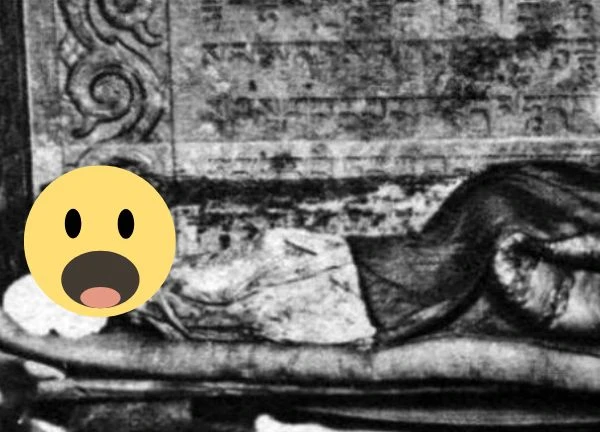
2 | 0 Discuss | Share
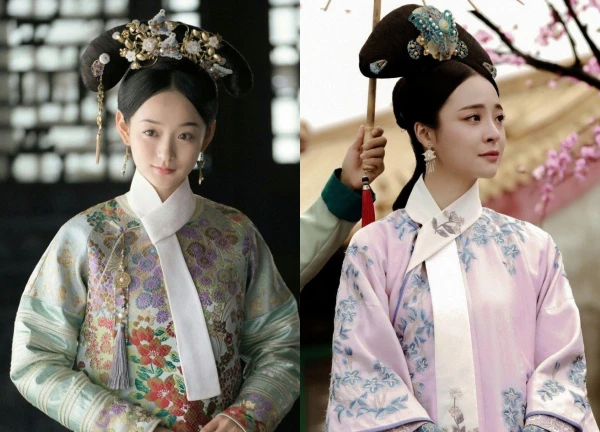
1 | 0 Discuss | Share
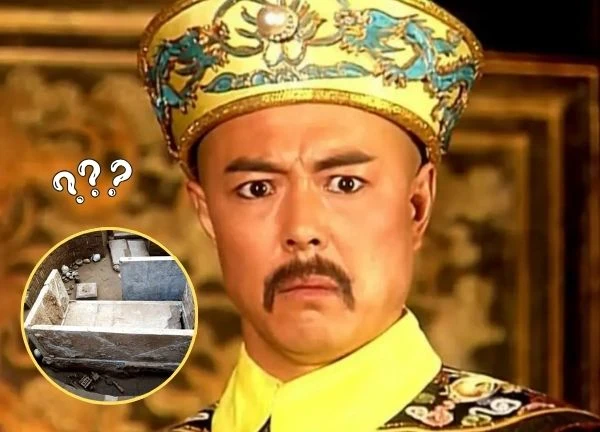
4 | 0 Discuss | Share
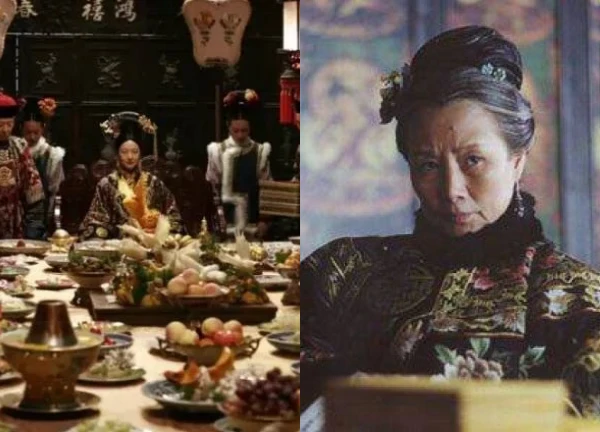
3 | 0 Discuss | Share
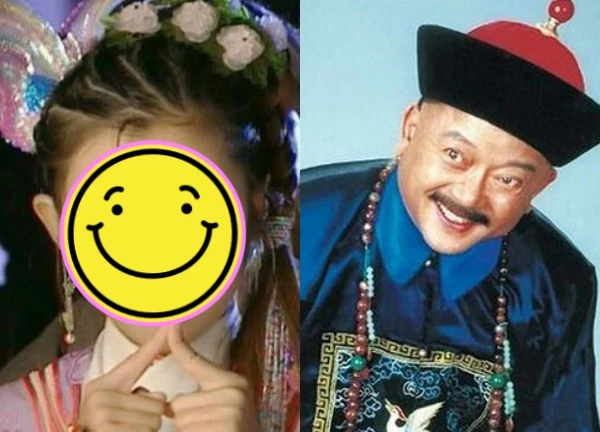
4 | 0 Discuss | Share
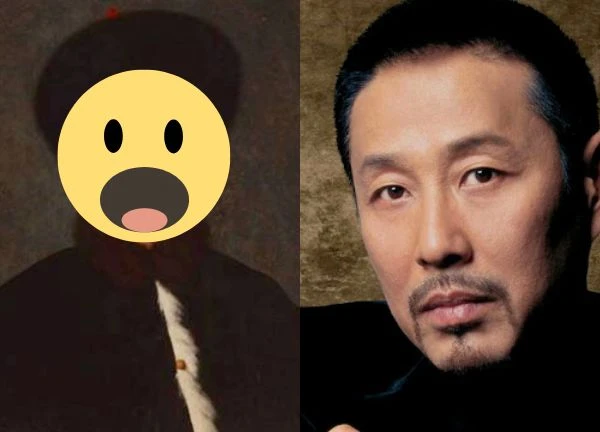
3 | 0 Discuss | Share
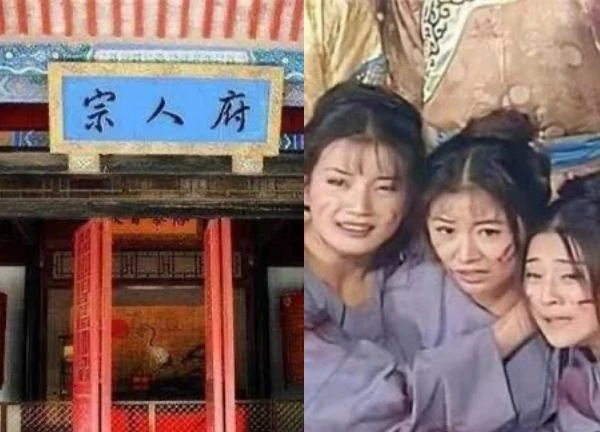
3 | 1 Discuss | Share
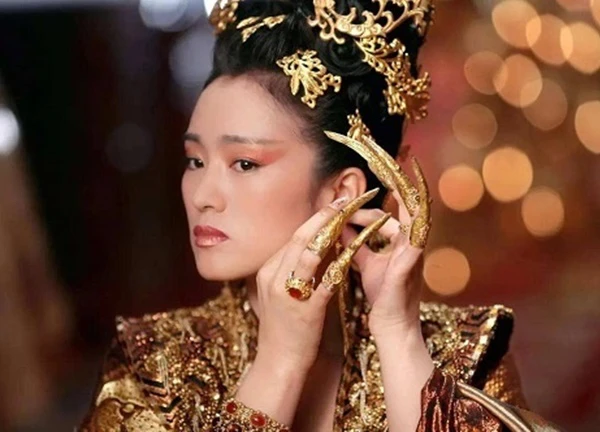
1 | 1 Discuss | Share
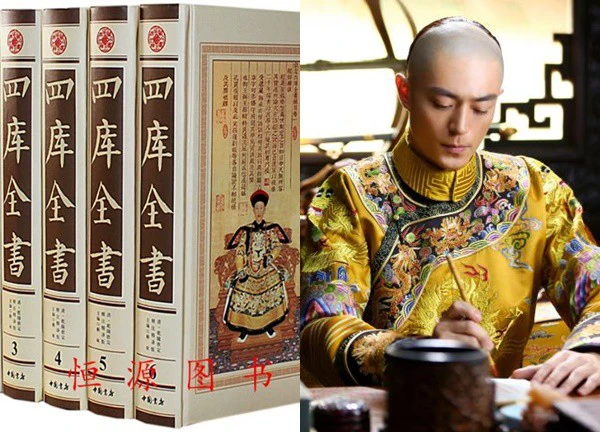
2 | 1 Discuss | Share
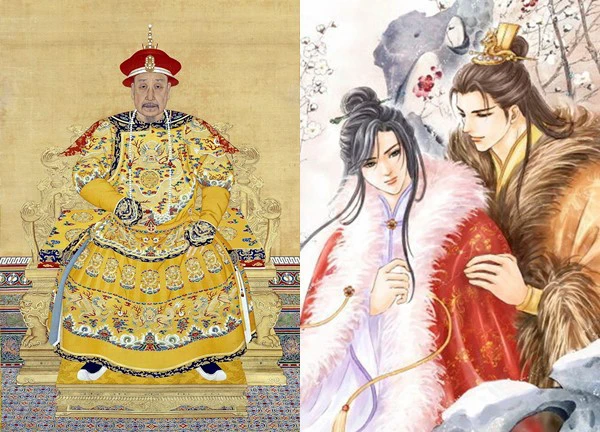
5 | 1 Discuss | Share
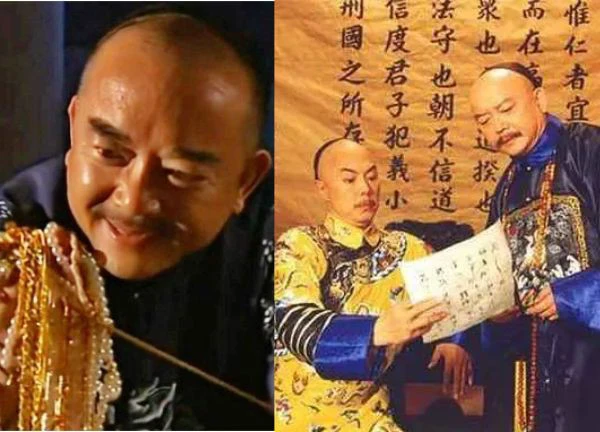
4 | 1 Discuss | Share

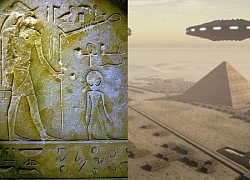

2 | 0 Discuss | Report